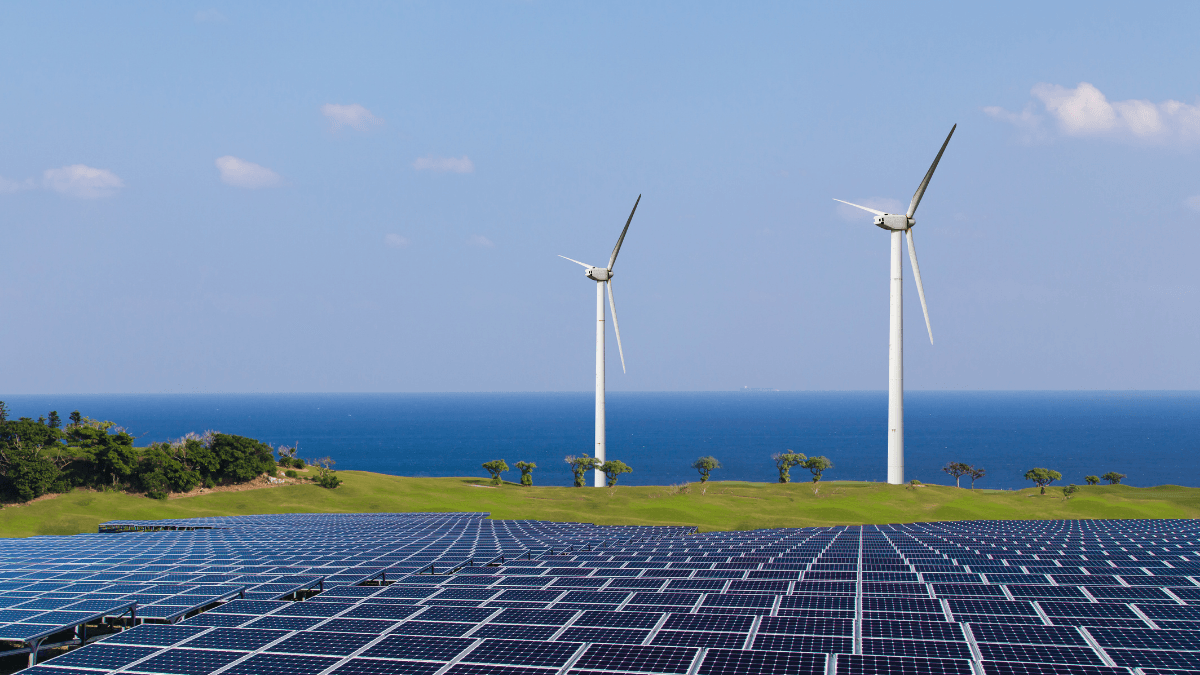Mining company Fortescue Metals Group, industry superfund Cbus and professional services firm Aurecon are the most recent companies to sign on to the Australian Industry Energy Transitions Initiative.
The initiative is a collaborative effort for industry and business leaders to collectively learn, develop research and take actions that move broader industry sectors towards net zero emissions in supply chains by mid-century.
The Australian Industry ETI is unique in focusing on the opportunities for Australian industry in moving towards net zero emissions in hard-to-abate supply chains, and involves 14 company participants representing a spectrum of interests.
The initiative’s chair Simon McKeon AO, Chancellor of Monash University, former CSIRO Chairman and former Australian of the Year, said the ability to attract diverse participation meant the initiative was well-positioned to support Australian industry to be successful in a decarbonised global economy.
“Recently, China, Japan and South Korea followed others in setting net zero emissions targets, and more announcements will inevitably follow,” Mr McKeon said. “By coming together across supply chain systems, it allows us to better see the opportunities in Australia and globally.”
He said Australia had one of the most formidable clean energy resource bases and established expertise in exporting critical energy and material resources.
Related: “Corporates integral in a ‘just transition to clean energy’ report finds”
“Australia also has a sophisticated financial services sector, capable of deploying significant capital to finance a transition to net zero.
“That this initiative continues to expand demonstrates the value of collective work to support Australian industry. Fortescue, Cbus and Aurecon will each make important contributions and it is encouraging to see more Australian businesses step in to this important work.”
Fortescue Chief Executive Officer Elizabeth Gaines has said the company is pleased to join the Australian Industry Energy Transitions Initiative, to help achieve their target to become net-zero by 2040.
“Promoting a culture of ongoing collaboration is critical to ensuring Australia’s business sector remains in a strong position to take the lead and tackle the challenges associated with climate change,” she said.
Australian Industry ETI has a specific focus on five supply chains that contribute more than one-quarter of Australia’s annual greenhouse gas emissions and generate exports worth around $160 billion.
These supply chains are in sectors where abatement has traditionally faced structural challenges, and include steel, aluminium, liquified natural gas, other metals (such as lithium, copper and nickel) and chemicals (including explosives and fertiliser).
Global Compact Network Australia Executive Director Kylie Porter says that Australia needs to focus on a “just transition” to renewable energy, which will require the support and coordination of large corporates and financial institutions.
“A coordinated and collaborative plan for the transition will assist with meeting net-zero targets, reduce the risk of a patchwork approach to transition across the coal communities in Central Queensland, Hunter Valley and The Latrobe Valley,” she said.
“It will also enable Australia to be well-positioned to prosper from the clean energy transition.”
Keep up to date with our stories on LinkedIn, Twitter, Facebook and Instagram.

